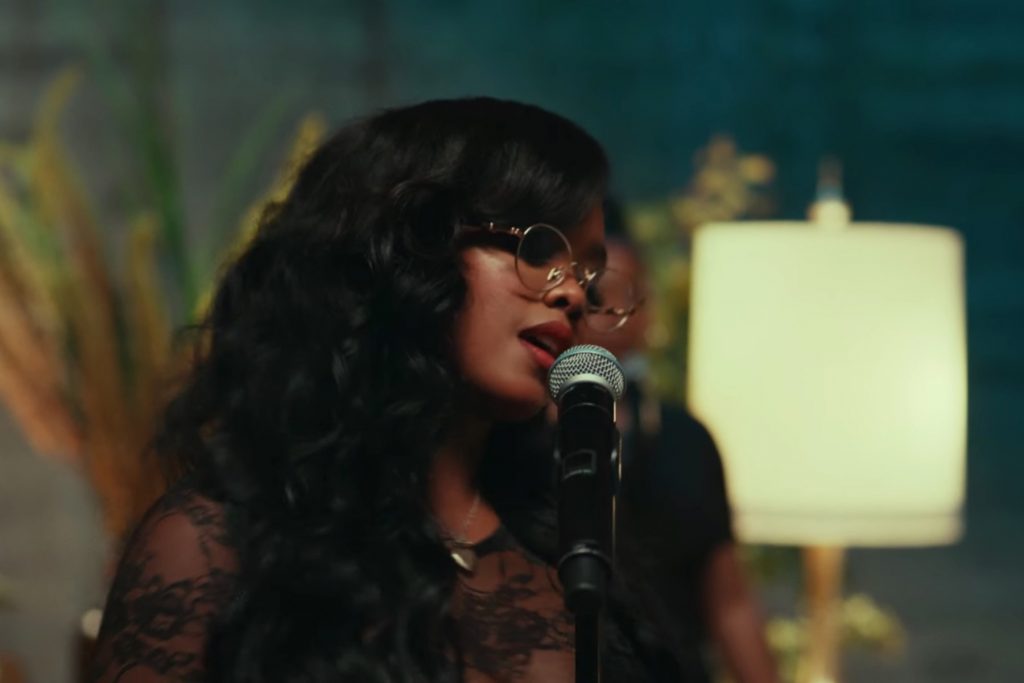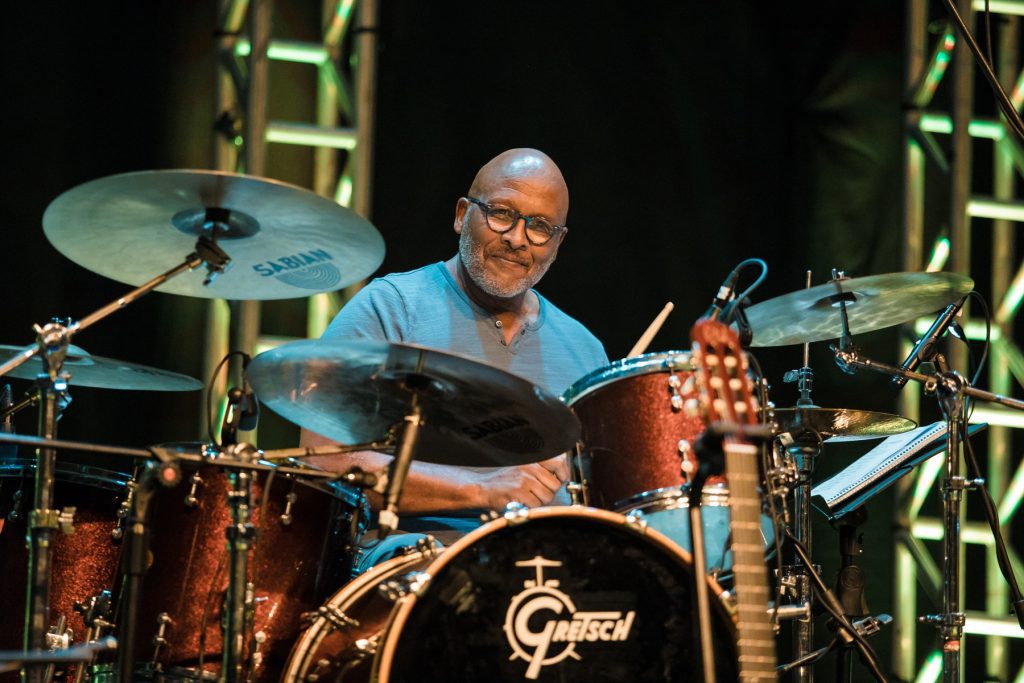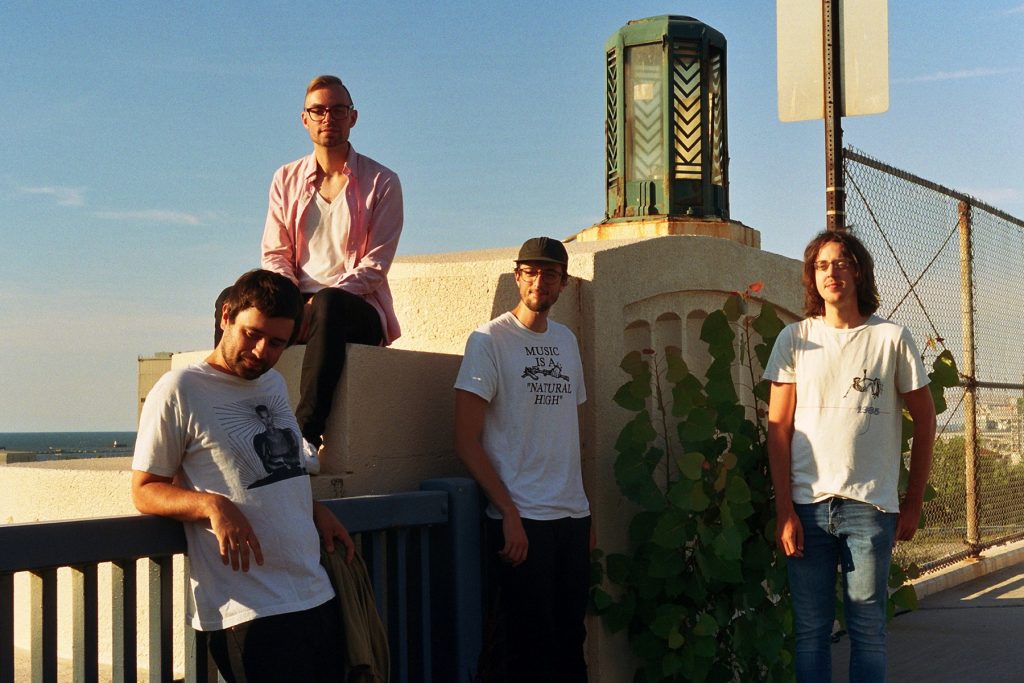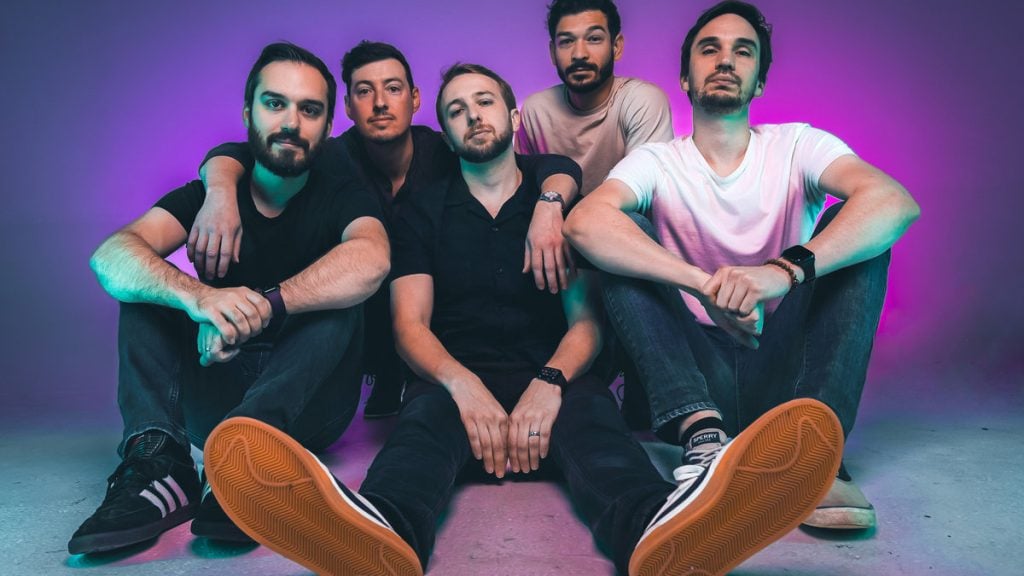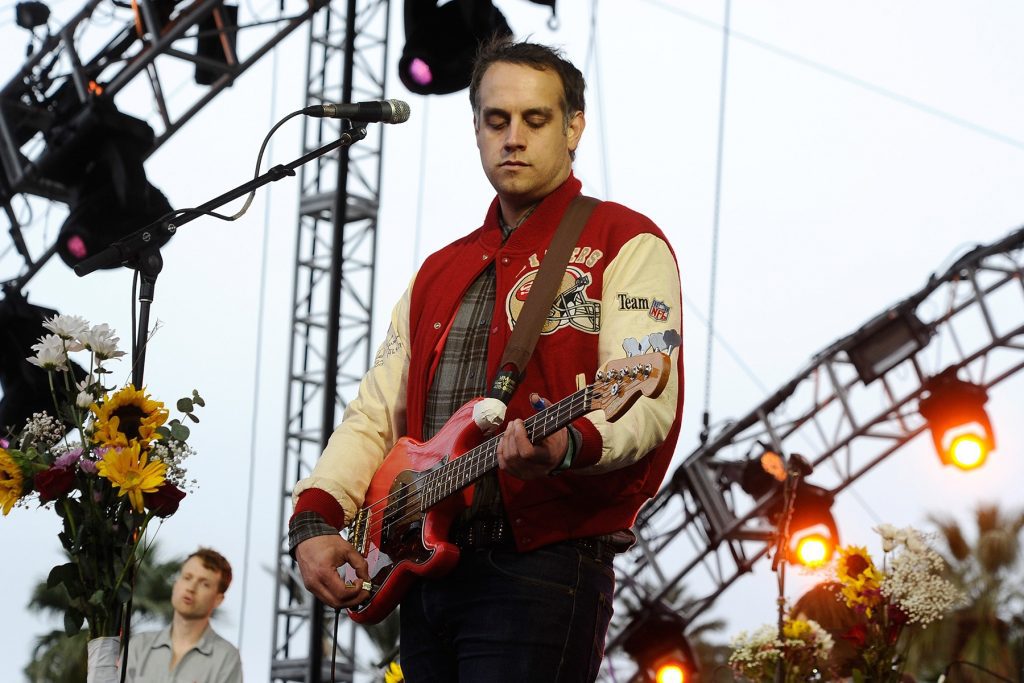
Chet ‘JR’ White, Bassist, Producer for Indie Rock Outfit Girls, Dead at 40
Chet “JR” White — the bassist and producer for the celebrated 2010s indie rock outfit Girls — has died, according to a Facebook post from the band’s old record label, True Panther Sounds. He was 40.
Of the cause of death, True Panther founder Dean Bein said only that White’s “heart stopped” at his family’s home in Santa Cruz, California, Sunday, October 18th. There were no additional details.
Girls frontman and songwriter Christopher Owens posted on Twitter: “I hope you feel nothing but peace now my brother. I love you and thank you for believing in me, and for what you brought to the table. Always and forever, and I’ll always be proud of you… I’ll always remember you protecting Liza, Patrick, myself, and Beta from the jerks.”
💔
I hope you feel nothing but peace now my brother. I love you, and thank you for believing in me, and for what you brought to the table. Always and Forever, and I’ll always be proud of you… I’ll always remember you protecting Liza, Patrick, myself and Beta from the jerks— Christopher David Owens (@Chri55yBaby) October 20, 2020
In his note, Bein praised White as a musician and producer and credited him with helping launch True Panther and turning it into a favored indie label. “True Panther wouldn’t exist without you,” he said. “My life would be fundamentally different without you… Ten years on and I’m trying to catch the memories bursting out like drinking out of a fire hose. So many of them imbued with an air of mischief and chaos, of trying to figure out this weird new life on the fly. You made it difficult to be your friend quite often, but also easy to come back. I can’t count all of the conversations I’ve had with people that recount with a kind of shellshocked realness the feeling of being sucked into this Girls world, or your world — a bad kids army, feeling like it’s the only place to be, but you probably shouldn’t stay long.”
White was born and raised in Santa Cruz, California, grew up playing in punk bands, and set his sights on working as a recording engineer and producer. After dropping out of college, he moved to San Francisco, where he met Owens; in 2007 they formed Girls.
blogherads.adq.push(function () {
blogherads
.defineSlot( ‘medrec’, ‘gpt-dsk-tab-article-inbody1-uid0’ )
.setTargeting( ‘pos’, [“mid-article”,”mid”,”in-article1″,”mid-article1″] )
.setSubAdUnitPath(“music//article//inbody1”)
.addSize([[300,250],[620,350],[2,2],[3,3],[2,4],[4,2]])
;
});
Within a few years, Girls was one of the most exciting indie rock bands in the country, leaping to the fore with their first single, “Lust for Life,” a jangly blast of indie-pop euphoria balanced by Owens’ cutting lyrics that strove for love and peace amid madness and excess. The band’s debut LP, Album, dropped in 2009 and earned rave reviews, while an equally celebrated EP, Broken Dreams Club, arrived the following year.
By the time they released 2011’s Father, Son, Holy Ghost, Girls’ sound had expanded from its indie-rock roots to something much broader that included elements of prog, hard rock, and soul. But the following year, Owens announced he was ending Girls — a decision that surprised, but didn’t exactly shock White, who later said in interviews that their relationship had changed in ways that made such an end feel inevitable.
After Girls, White became a go-to collaborator and producer. He worked with Cass McCombs and Glitz and the Spectrals. He also worked with DIIV in the studio, although, as Pitchfork notes, those sessions have not yet been released. White also produced and played on Tobias Jesso, Jr.,’s 2015 album Goon.
